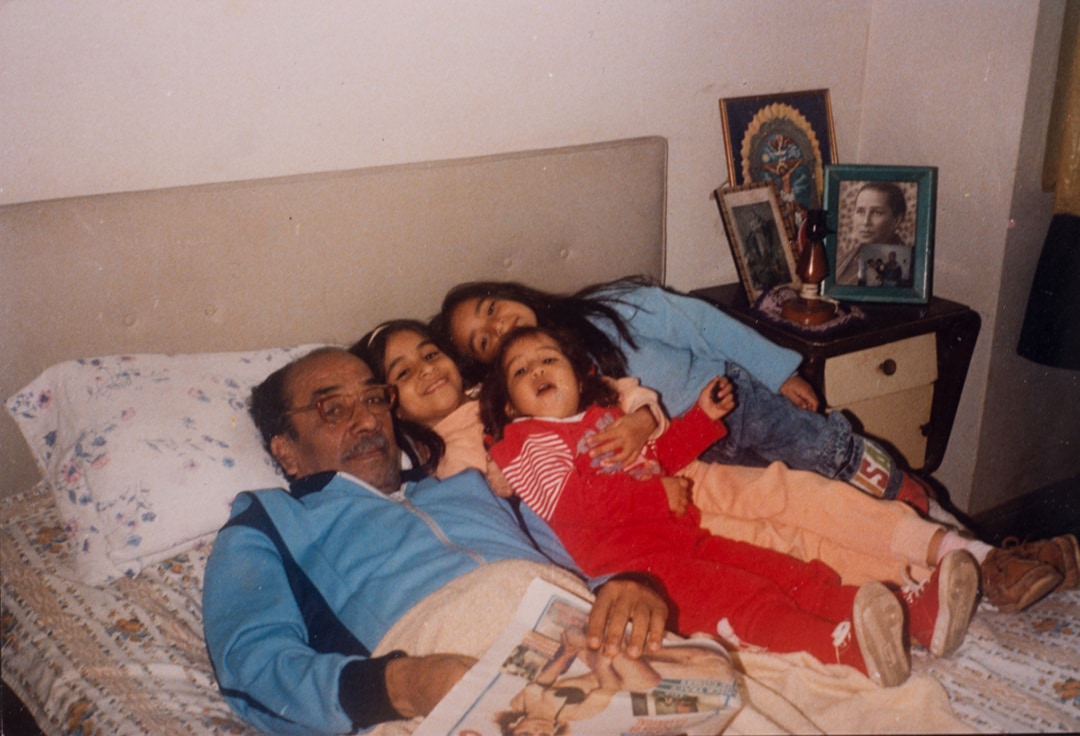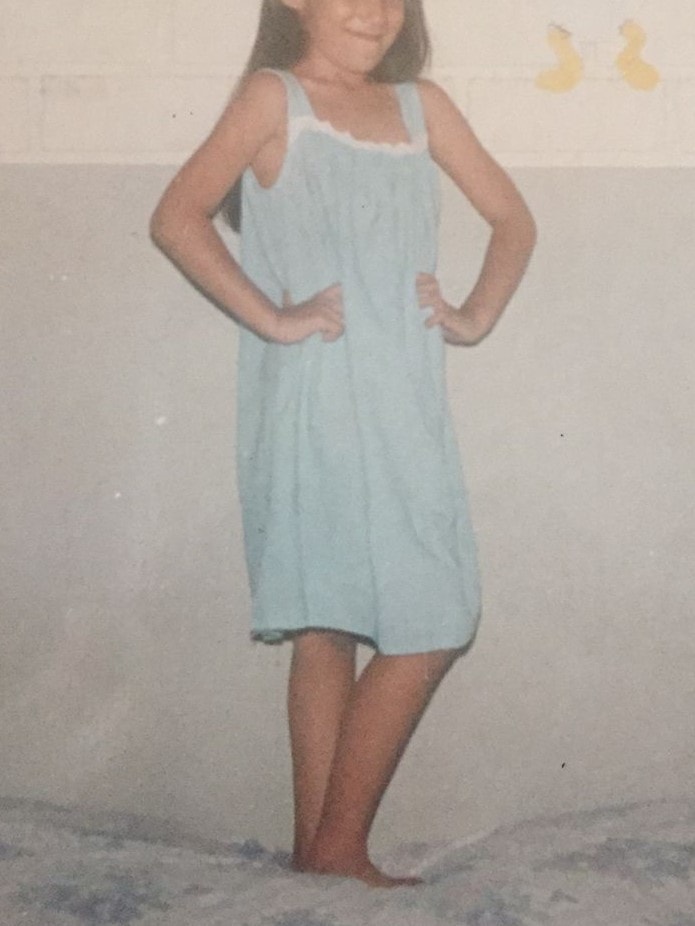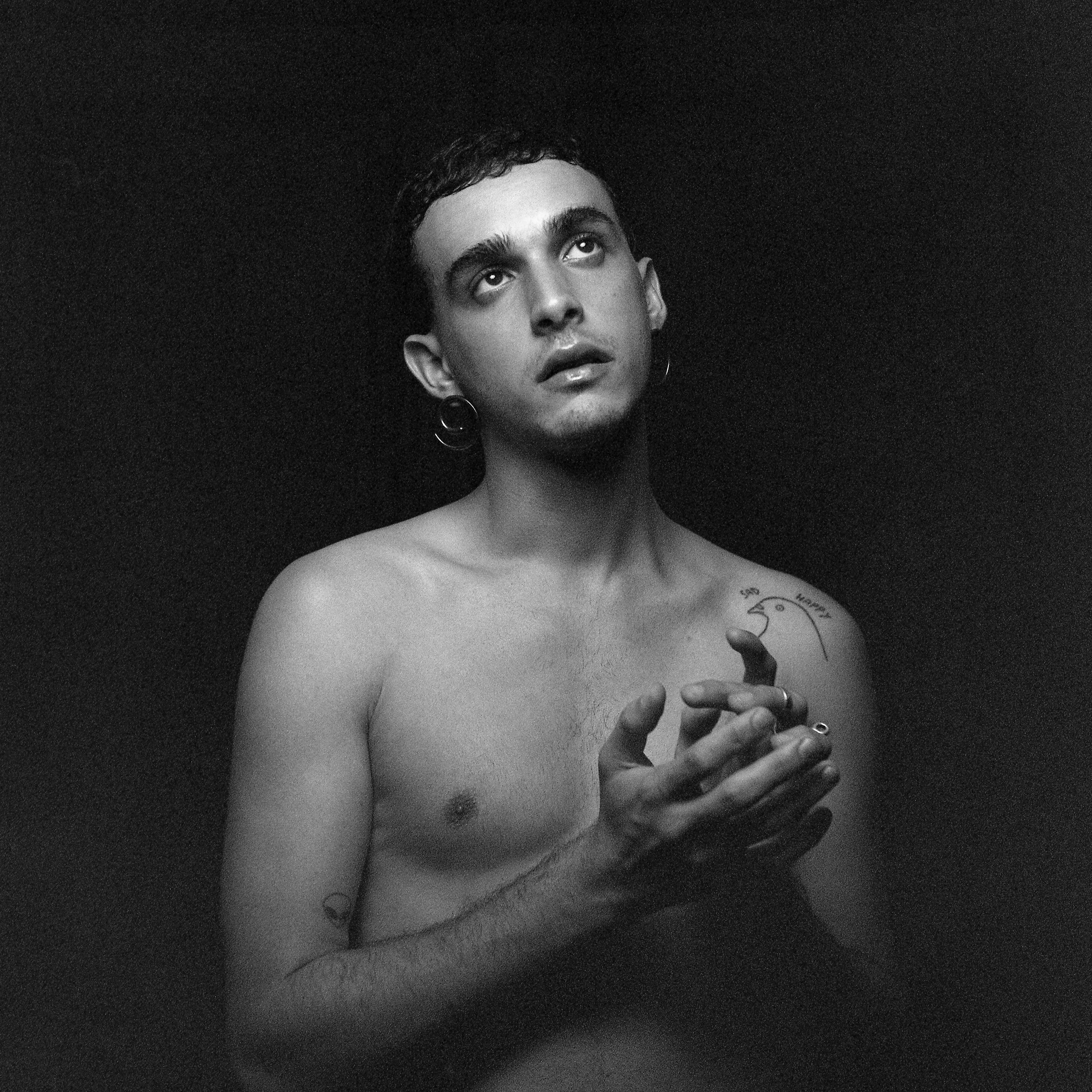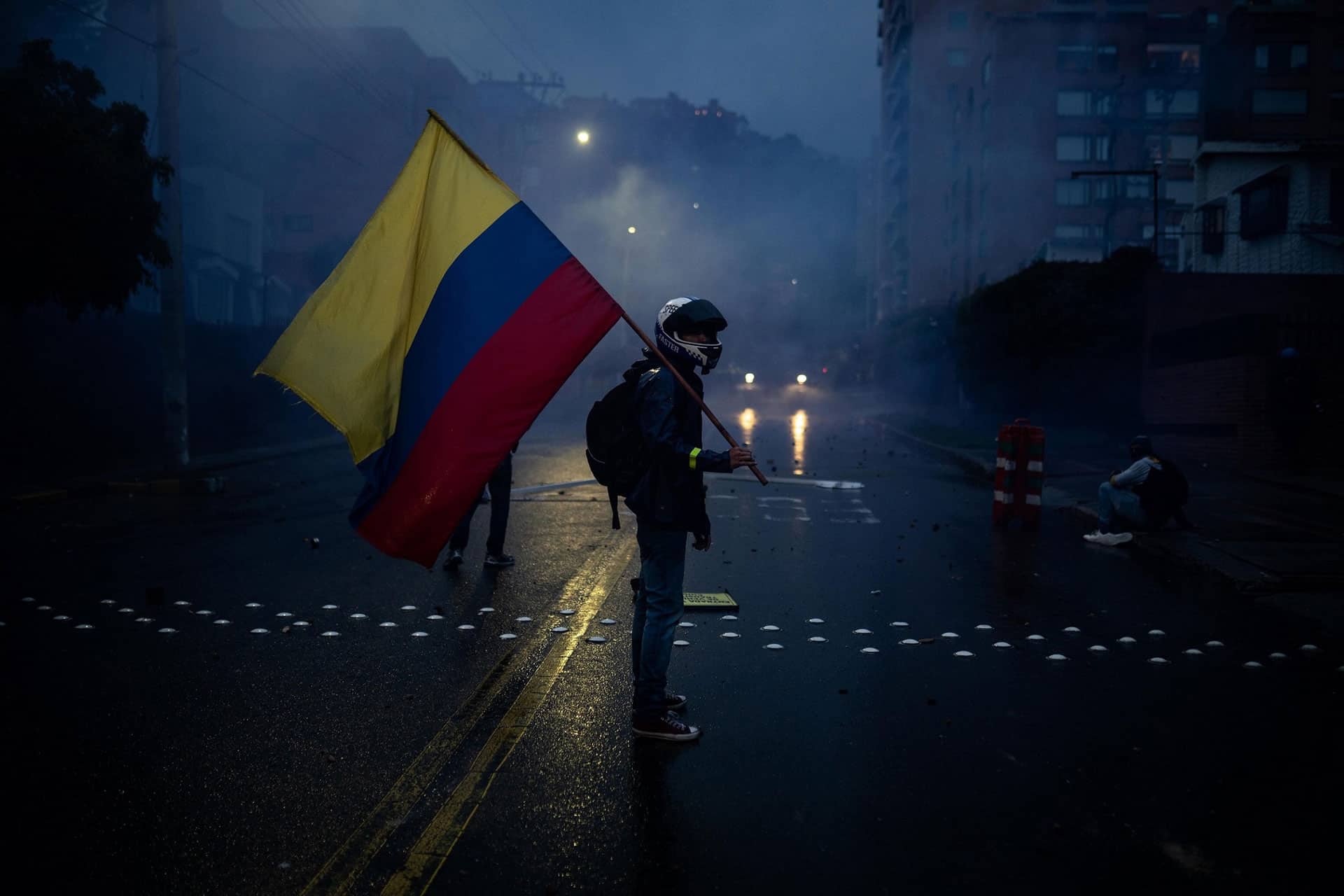
All family albums are open wounds
Rocio Celis is preparing the photobook “Carne para los leones”, where she portrays the abuse and macho violence she experienced in her home. The project combines portraits, texts, testimonies, and intervened photos from her family album to tell a story that many Peruvian women know intimately: that of a society that does very little to defend the life and rights of women.
By Alonso Almenara
“Carne para los leones” – the title Rocio Celis chose for her first photobook project – comes from a phrase the Peruvian photographer once heard her grandmother say. She would later learn that this was the expression with which her grandfather welcomed her newborn mother. There is a violence in it that Celis associates with almost all of her childhood memories, and the stories told to her by the women in her family.
“As a child, I always saw and experienced physical, psychological, sexual violence, in my home and my environment,” Celis recounts. “I saw what happened to my mom, to my grandmothers. I always heard the stories.”
In 2018, she began photographing her maternal grandmother as she told stories that reminded her of her own experiences of abuse. Gradually, she turned the camera around to take self-portraits. At the same time, she captured images of everyday objects in the house where she had grown up. “That house spoke to me. I saw traces that connected with my own experience, with wounds.”
Celis recalls that with adulthood, “there came a time when I began to pay more attention to my family context, to the society in which I live, to my female body.” Then, she decided to use photography to “talk about how the men in my family have looked at us. About fear.”
“Carne para los leones” combines portraits, texts, testimonies, and intervened photos from Celís’ family archive. The work also incorporates materials that map the links between violence in the family and the public sphere: politicians’ speeches about women and scripts of national television programs. “I find that my mother’s testimony or that of my grandfather repeat those same patterns,” Celis observes. “That crossing of discourses seemed very powerful to me because it reminds us that public and domestic space are not separated.”

“I was interested in using photography to talk about the way the men in my family have looked at us. The fear. Some of the images may be suffocating, but I feel that this is the weight of the problem”.
The Peruvian photographer is preparing this work as part of her activities in the educational platform Sub and Campo Fotolibros, an institution for which she is a scholarship holder. It is a project that seeks to question, to confront. “Some of the images can be suffocating, but I feel that this is the weight of the problem,” she says. In Peru last year, 147 women were victims of femicide, and 1,435 girls under 14 became mothers due to sexual violence. These figures are in addition to a balance of 12,984 women reported missing in the same period.
“The rapist, the aggressor of women (…), is a man who develops in a society with a macho culture, which has given him privileges that make him feel capable and entitled to ‘possess’ women;” comments Hugo Ñopo, senior researcher at the Grupo de Análisis para el Desarrollo (Analysis Group for Development, GRADE) and co-author, together with Josefina Miró Quesada, of the book Ser mujer en el Perú (Being a Woman in Peru). “Gender violence has at its base the power differences that culture establishes and that places women at a disadvantage and in a state of vulnerability over their bodies,” the specialist told France24.
“In Peru, the situation of violence against women is terrifying, but we are as if anesthetized,” Celis observes. “The media communicates the problem in the same way, with figures that do not allow us to visualize the seriousness of what is happening.” For her, photography can be a crucial tool to influence this reality because it connects emotions with memory: “We all have a family photo album, for example.” Upon seeing her work, Celis hopes that viewers will recognize themselves: that they will identify that that family album, in that particular story, contains the history of an entire country.



